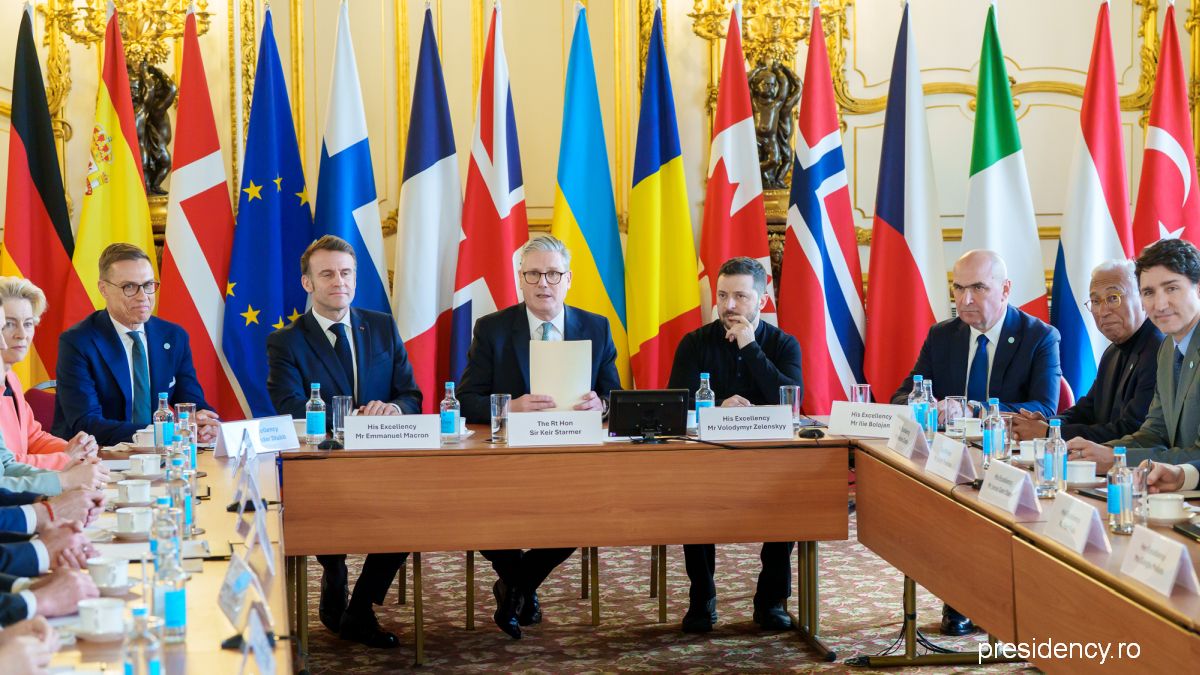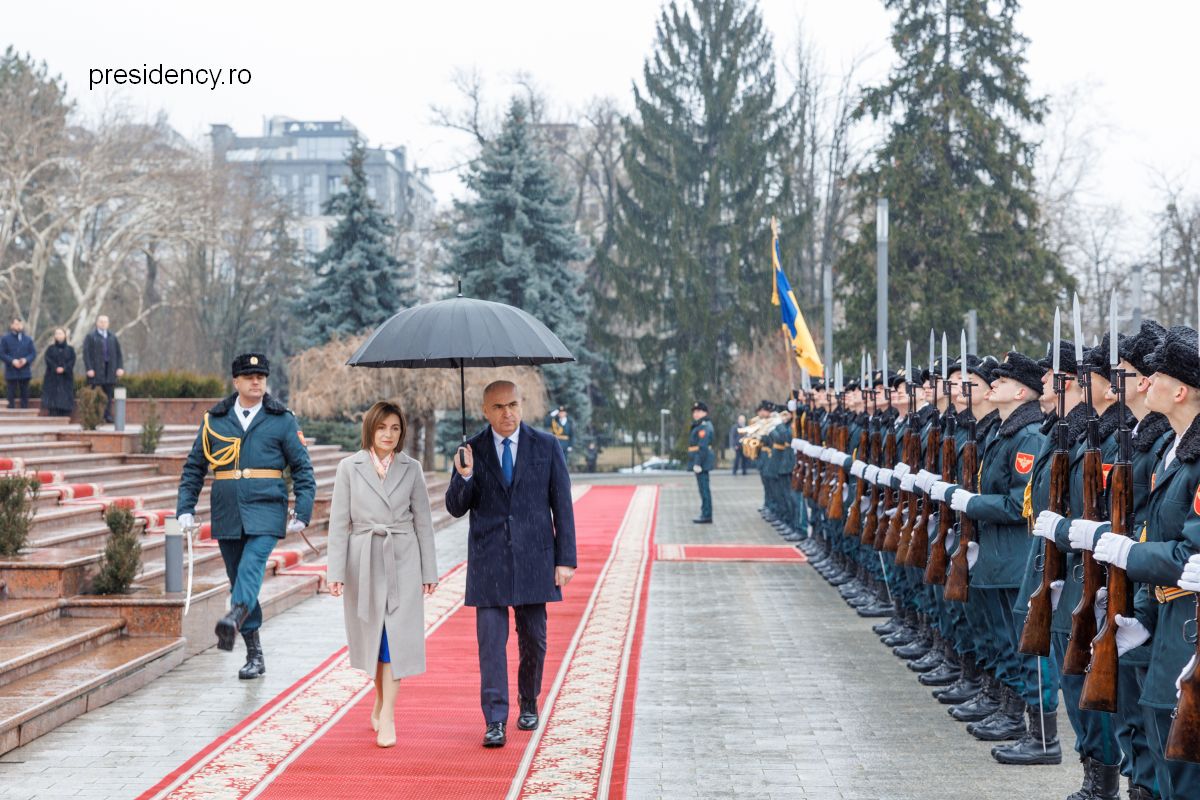European regulations on posted workers
The European Parliament is ready to negotiate with the Member States on the posted workers directive.

Roxana Vasile, 27.10.2017, 13:05
The European
Parliament has decided to start negotiations with member state governments on
the posted workers directive, after on Monday the EU labour ministers reached
an agreement on revising this piece of legislation. Talks may start in
November, but the process is not likely to be easy. Things are moving in the
right direction, but the devil is in the details, noted Elisabeth
Morin-Chartier and Agnes Jongerius, the two EU Parliament’s rapporteurs on the
file.
A posted worker
is an employee temporarily tasked by their employer to provide services in
another EU member state. In 2015 there were nearly 2 million seconded workers,
particularly in sectors like constructions, education, healthcare, social
services and business services. Under the 1996 Directive, companies could send
their employees to work abroad for a specific period, and pay the same social
contribution amounts as they did in their home countries. The eastward
enlargement of the Union has enabled companies in the region to take massive
advantage of these rules.
The reform of
posting regulations is aimed at better protecting workers from salary and
social dumping. To this end, the member states agreed on Monday, postings
should be limited to 12 months, with 6-month extensions permitted in
exceptional cases only. The road transport sector is the only one exempt from
the new provisions until a new law is endorsed specifically for this sector.
The labour
ministers of Poland and Hungary have voted against the deal, and so have Latvia
and Lithuania, while Britain, Ireland and Croatia abstained. Romania, which has
a lot of workers posted abroad, has voted in favour of the proposed reform.
According to many commentators, it was just a matter of time until the strong
western economies moved against what they see as a trick helping some employers
to exploit the workforce from the former communist bloc. More specifically,
some companies hire workers from the eastern EU member countries, pay them the
minimum wages valid in their home country, throw in something extra to cover
the expenses abroad, and post them.
Other
commentators, however, see the recent decision of the EU labour ministers as a
battle that Romania stands to lose from. They claim Romania’s position on the
matter is in fact a compromise with France, whose president, Emmanuel Macron,
is the one who insisted that current rules should be changed. In fact, many
French and other western workers often complain that easterners take their jobs
away, and several West-European leaders want posted workers to be paid the same
salaries as the local employees.






























